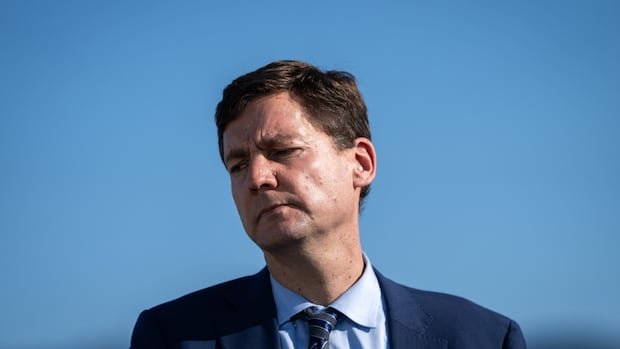British Columbia Premier David Eby criticized the federal government on Thursday for what he perceives as unfair treatment of ferry passengers in the province. Eby also accused Alberta Premier Danielle Smith of jeopardizing other projects in British Columbia with her aggressive promotion of a pipeline. These statements were made during Eby’s visit to Ottawa, where he had dinner with Prime Minister Mark Carney and held discussions with key cabinet members.
Expressing disappointment, Eby highlighted the disparity in federal subsidies for ferry users in British Columbia compared to those in Eastern Canada. He emphasized that while eastern ferry users receive an average of $300 in federal subsidies, B.C. ferry users only receive about $1, calling for a resolution to this discrepancy.
The federal government provides support to ferry services in Eastern Canada through initiatives such as funding Marine Atlantic, a Crown corporation managing ferries between Newfoundland and Labrador and Nova Scotia. Additionally, Transport Canada’s Ferry Services Contribution Program aids ferries operating between Digby, N.S., and Saint John, as well as P.E.I. ferries servicing Caribou, N.S., and Quebec’s Magdalen Islands.
In contrast to the East Coast ferry operations, where the federal government maintains freight and passenger links between provinces, the West Coast ferry service in B.C. primarily connects points within the province. Notably, historical agreements upon Newfoundland and P.E.I.’s entry into Canada stipulated federal responsibility for ferry links to the mainland.
Regarding infrastructure developments, when B.C. Ferries required new vessels, the federal government provided a $1 billion loan instead of procuring the ferries directly. Criticism arose when a Chinese state-owned shipyard was contracted to build the vessels. Eby defended the decision, highlighting the urgent need for the ferries and the lengthy procurement process involved.
Eby also cautioned against Alberta Premier Danielle Smith’s advocacy for a pipeline from the Alberta oilsands to northern B.C., describing it as premature and risky. He expressed concerns that Smith’s pipeline proposal, lacking private proponents and First Nations support, could jeopardize significant projects in British Columbia. Eby emphasized that Smith’s pipeline initiative currently only exists in political discussions, raising uncertainties about its feasibility and impact.
Overall, Eby’s statements underscore the need for fair treatment of ferry users in British Columbia and highlight potential risks associated with aggressive pipeline projects in the province.


